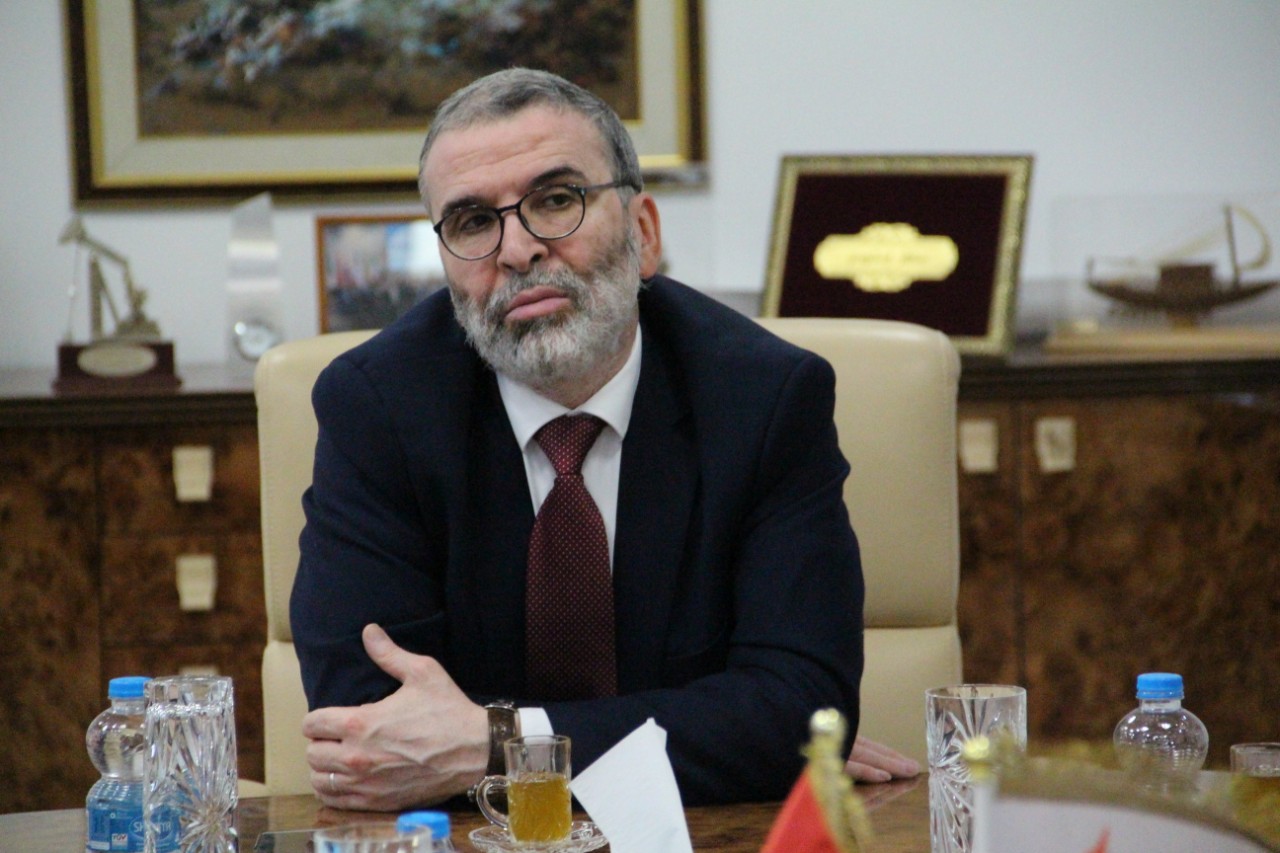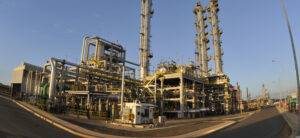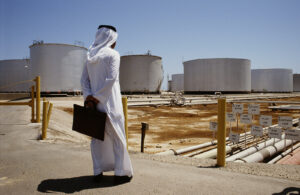
(S&P Global Platts, 9.Aug.2020) — The head of Libya’s state-run National Oil Corp warned Aug. 8 that the presence of stored flammable commodities at the country’s key oil export terminals risks a potentially worse disaster than the explosion this week in Beirut, as armed conflict continues around the facilities.
Fighting between the UN-backed Government of National Accord and the self-styled Libyan National Army has intensified in recent weeks, compounding the oil export blockade in place since mid-January.
NOC Chairman Mustafa Sanalla said that the key export terminals also house commodities like ammonia, which could catch fire in a similar manner to the ammonium nitrate that exploded at Beirut this week, killing over 150 people and injuring nearly 5,000.
“We saw what happened in Beirut and it is possible for Brega, Ras Lanuf and Es Sider [ports] to suffer the same fate,” Sanalla said in a video message posted on Facebook. “This could happen to us, this scenario, due to the closures and current tension and this will have a very, very disastrous impact.”
The oil export terminal of Brega has two tanks that together house more than 25,000 mt of ammonia and 1 million barrels of condensate, which Sanalla said could catch fire and create a disaster worse than the Aug. 4 Beirut explosion.
He called for oil facilities to be made into buffer zones and for what he called “mercenaries” to withdraw from the sites.
The LNA, backed by a host of countries including Russia and the UAE, started the oil blockade at five key oil export terminals in January, a move that has pushed Libya’s oil production down to a trickle and cost the country over $6.5 billion in oil revenue losses.
The situation led NOC to declare force majeure on loadings from Marsa el-Hariga, Brega, Es Sider, Ras Lanuf, Zueitina and Zawiya.
The conflict between the GNA — which is supported by Turkey and Qatar — and the LNA — led by General Khalifa Haftar and backed by Russia, Egypt, the UAE and Saudi Arabia — has hit the country’s oil industry.
Libyan crude production had been slashed to around 70,000-100,000 b/d in the past few months, from over 1.10 million b/d before the blockade.
NOC said on July 29 that it is concerned about the militarization of its oil facilities and heavy presence of foreign “mercenaries” in the sites east and south of the country.
“The number of mercenaries at the Ras Lanuf petrochemical complex has recently increased,” NOC said on July 29. “NOC has also received reports of large numbers of mercenaries with military vehicles occupying the residential area of the Zallah oil field. Another group is occupying a Schlumberger Company camp located close to the field.”
NOC had warned in a July 18 statement that violent clashes in the Brega region posed a threat to surrounding oil facilities in the Gulf of Sirte.
Sanalla reiterated on Aug. 8 that foreign powers were meddling in the country’s oil sector and were preventing the North African producer from restarting production.
__________

